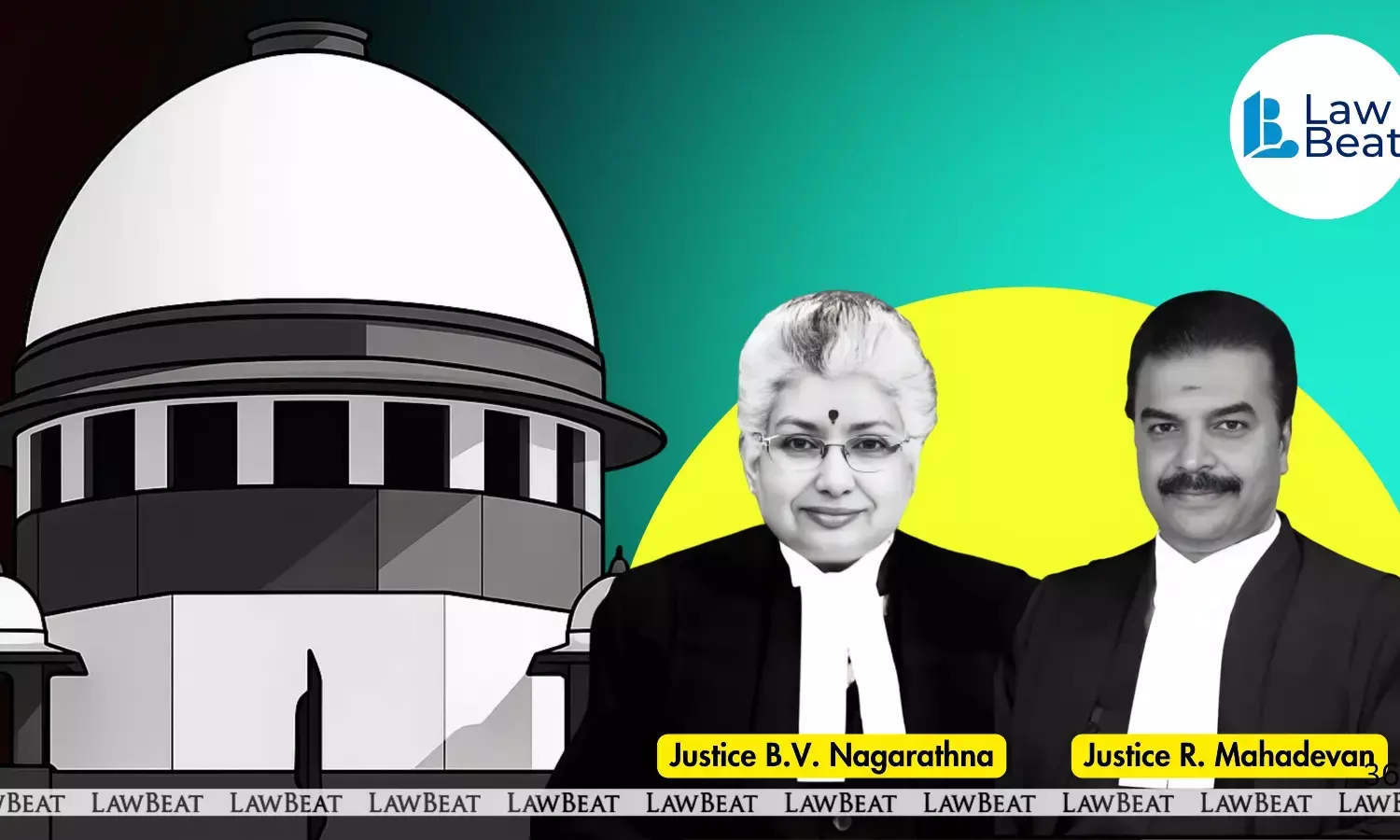Supreme Court Slams Misuse of Criminal Law, Quashes Cheating FIR Filed to Settle Personal Scores

Supreme Court of India warns criminal law cannot be used to settle personal scores, quashes mala fide cheating FIR
The Supreme Court on September 15, 2025 held that criminal law ought not to become a platform for vindictive proceedings or a tool to settle personal scores. The Court quashed a 2023 cheating FIR and subsequent charge sheet filed against two businessman brothers, finding that the dispute arose purely out of a contractual disagreement dating back to 2017.
A bench of Justices B V Nagarathna and R Mahadevan, allowing the petitions of Paramjeet Singh and Sarabjit Singh, said there was no justification for the filing of the FIR or the subsequent charge sheet. The Court observed that permitting such prosecutions would create significant divisions and distrust among people, while also placing an unnecessary burden on the already strained criminal justice system.
The Court relied on its earlier ruling in Vishal Noble Singh v. State of Uttar Pradesh (2024), where it had expressed concern that criminal proceedings were increasingly being misused by certain persons for vested interests and oblique motives. It emphasised that the courts must remain vigilant to ensure that misuse of criminal law to harass or intimidate individuals is checked at the earliest.
Examining the FIR and charge sheet, the bench found that there was no allegation, express or implied, that the appellants had acted with fraudulent or dishonest intention at the time of entering into the agreement. The Court noted that the complainant’s vague claims that the appellants had supplied a machine not conforming to specifications or failed to replace faulty equipment did not satisfy the legal test for dishonest inducement under Section 420 of the Indian Penal Code.
The Court highlighted that for an offence of cheating to be made out, the complainant must establish that the accused had fraudulent or dishonest intention at the time of making the promise or representation. This intention, or mens rea, cannot be presumed; it must be supported by specific and cogent facts. In this case, the allegations did not show any deception at the inception of the transaction.
The Court also pointed to a delay of nearly five years in filing the FIR, which it said was unexplained and raised suspicion about the bona fides of the complainant. It held that the delay, coupled with the vague allegations, made the criminal proceedings against the appellants unsustainable. The bench further clarified that while the complainant was free to pursue civil remedies for damages under contract law, he could not misuse criminal prosecution when no ingredients of cheating were established.
The dispute arose from a sale purchase agreement entered in 2017 between the appellants’ business firms, M/s Sardara Singh & Sons and M/s Saini Engineering Works, and M/s Soma Stone Crusher, for supply of a sand ruula machine. The purchaser issued a cheque for Rs five lakh, which was returned due to stop payment. A cheque dishonour case was filed. Nearly five years later, the purchaser lodged an FIR alleging cheating on the ground that the machine supplied was not of the agreed specifications.
The Court referred to Vesa Holdings P. Ltd. v. State of Kerala (2015), where it had been held that every breach of contract does not amount to cheating. Only cases where deception is shown at the very inception of the contract can attract Section 420 IPC. Similarly, in Inder Mohan Goswami v. State of Uttaranchal (2007), the Court had warned against allowing criminal prosecution to be used as an instrument of harassment or private vendetta.
The bench also relied on the landmark judgment in State of Haryana v. Bhajan Lal (1992), which laid down categories of cases where criminal proceedings may be quashed to prevent abuse of process. It found that the present case fell squarely within those parameters, as the allegations of criminal intent were clearly mala fide and unsustainable.
The Court concluded that allowing the prosecution to continue would cause undue harassment to the appellants, who could not be attributed with any dishonest or fraudulent intention. It reiterated that misuse of criminal law undermines both individual liberty and public confidence in the justice system.
Allowing the special leave petition filed by Paramjeet Singh against the Himachal Pradesh High Court judgment of January 2, 2024, which had refused to quash the proceedings, the Supreme Court set aside the FIR and charge sheet. It also allowed a separate writ petition filed by Sarabjit Singh.
The bench declared, “Criminal law ought not to become a platform for initiation of vindictive proceedings to settle personal scores and vendettas. The appellants could not be attributed any mens rea and therefore the allegations levelled by the prosecution are unsustainable.”
Case Title: Paramjeet Singh v. State of Himachal Pradesh & Ors
Bench: Justices B V Nagarathna and R Mahadevan
Judgment Date: September 15, 2025
